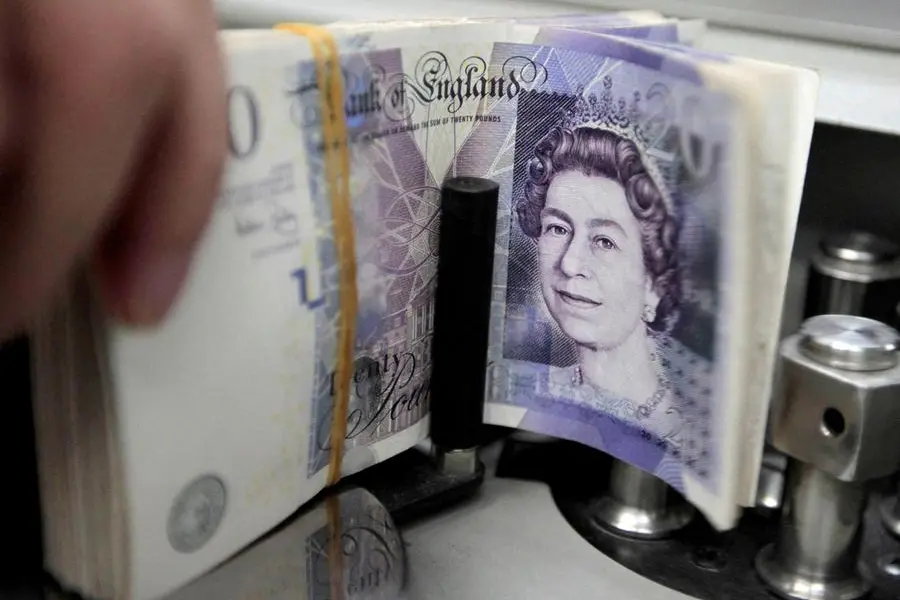PHOTO
LONDON, June 27 (Reuters) - The pound edged up on Thursday, heading for its first weekly gain in a month, as the dollar eased ahead of U.S. inflation data that could prompt the Federal Reserve to cut interest rates more than markets currently anticipate.
Sterling was up 0.2% at $1.265, set for a weekly rise of 0.1%, its first weekly increase since the end of May.
The euro was flat at 84.60 pence.
Friday's report on the core U.S. personal consumptions expenditure index (PCE), which excludes food and energy prices, is expected to show it has moderated to a rate of 2.6% in May, from 2.8% in April.
This is the Fed's preferred measure of consumer inflation and could influence traders' thinking on where U.S. rates could go this year.
Futures markets show investors are sure the Fed will cut rates at least once this year, with roughly a 50/50 chance of a second cut, largely in line with expectations for the Bank of England.
More immediately, however, the focus for markets and for sterling in particular, are the upcoming elections in France and Britain.
Opinion polls right now show the UK is likely to see a Labour government for the first time in 14 years, while in France, there is a strong chance that the far right take a majority of the votes, bringing with it the risk of higher spending that could further undermine France's already fragile finances.
"Political risk in Europe is clearly having a bigger impact on the performance of the euro than the pound," MUFG strategists said.
"Market participants remain comfortable with the prospect of a big Labour majority which could bring more stability to UK politics and open up the potential for relations between the EU and UK to improve in the coming years," they said.
A surprise outcome, such as a poorer showing by Labour or no decisive majority by any party could put pressure on the pound, MUFG said.
Sterling is still the best-performing major currency against the dollar so far this year, with a loss of just 0.16%, compared with the yen, which is the worst performer, with a drop of closer to 12%.
(Reporting by Amanda Cooper; Editing by Tomasz Janowski)





















